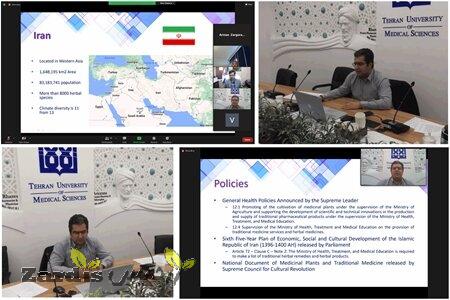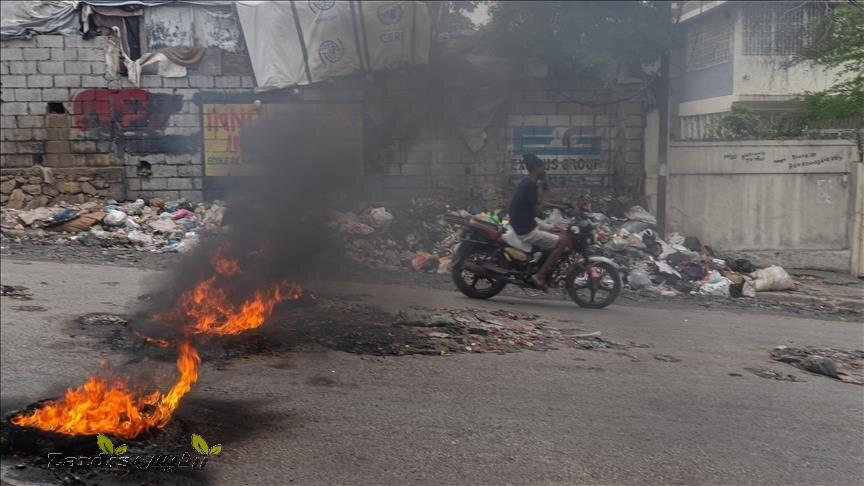TEHRAN – Iran has announced readiness to continue cooperation with the World Health Organization (WHO) in strengthening and expanding traditional medicine and medicinal plants at the international level, Arman Zargaran, an advisor to the traditional medicine office at the Ministry of Health, has said.
Zargaran described Iran’s capabilities and capacities in the field of traditional medicine and medicinal plants and referred to the general health policies and the national document on medicinal plants and traditional medicine, existing infrastructure, scientific structures, and policies.
He made the remarks at the 13th Annual Meeting of International Regulatory Cooperation for Herbal Medicines (IRCH), held on November 25-27.
He considered Iran as one of the influential countries in the field of traditional medicine and spoke about the latest achievements of scientists in this field.
Stating that traditional Iranian medicine has a very high capacity in the treatment of Covid-19 disease, he announced Iran’s readiness to continue joint cooperation with the WHO to develop traditional medicine at the international level.
International Regulatory Cooperation for Herbal Medicines is a global network of regulatory authorities responsible for the regulation of herbal medicines, established in 2006. Its mission is to protect and promote public health and safety through improved regulation for herbal medicines.
Representatives of other countries including India, China, Germany, Hong Kong, the Netherlands, Turkey, Namibia, Australia, and Japan also delivered speeches during the meeting.
Medicinal plants in Iran
In October, the Vice Presidency for Science and Technology registered 120 national standards for medicinal herbs and traditional medicine to improve the quality of products.
In September, ten national plans were defined to promote the culture of production and consumption of medicinal plants by the Vice Presidency for Science and Technology.
Iranian traditional medicine is one of the most ancient forms of traditional medicine. It is grounded in the concept of four senses of humor: phlegm (Balgham), blood (Dam), yellow bile (Safra’), and black bile (Sauda’). The concept of four senses of humor is based on the teachings of Rhazes and Avicenna into an elaborate medical system.
Iranian traditional medicine strongly focuses on prioritizing health maintenance and disease prevention over treatment.
So far, about 30,000 plant species are identified in the world, with Iran’s share of about 8,000 species that its plant diversity is more than the whole of Europe.
Currently, about 2,300 species of medicinal plants have been identified in the country, accounting for one-third of the medicines used in human societies, the share of world trade in these products is about $124 billion and Iran’s share is $570 million, which is only 0.5 percent of the total.
The per capita consumption of medicinal plants in Iran is about one kilogram of dried plants, in other words, 83,000 tons of medicinal plants worth 1.2 trillion rials (around $29 million at the official rate of 42,000 rials) are consumed in the country, while in Europe this amount is 900 grams and in the United States is 2.5 kilograms.
FB/MG
- News code 38857
- 291 View
- بدون نظر
Zardis news | The latest news of Iran and the world
تمامی حقوق مطالب برای Zardis news محفوظ است و هرگونه کپی برداری بدون ذکر منبع ممنوع می باشد.
طبق ماده 12 فصل سوم قانون جرائم رایانه ای کپی برداری از قالب و محتوا پیگرد قانونی خواهد داشت.
طراحی و اجرا: سامانه سایت ساز زردیس







